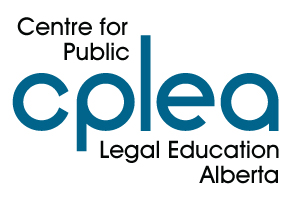This online resource is from the Government of Alberta and provides information on initiatives and programs currently underway in Alberta through partnerships between the Alberta Solicitor General, Alberta Justice and Aboriginal communities, groups and organizations, as well as other topics of interest regarding Aboriginal justice.
Alberta Resources
BearPaw Legal Education & Resource Centre (BLERC) provides free workshops on request. A workshop facilitator will travel to your community. Topics include: Going to Court, Kids and the Law, Aboriginal Fishing and Hunting Rights, the ABCs of the Child, Youth and Family Enhancement Act and more.
A comic book produced by the BearPaw Education (NCSA), Breach is an entertaining look at a serious topic - breach charges and administration of justice. This youth-oriented resource aims to reinforce the importance of following court orders by explaining the consequences of breaching such orders as well as the benefits of following them.
From the Great Library of the Law Society of Upper Canada, this web page provides annotated links to case law as well as case-related services and information available mainly on the websites of Alberta courts and administrative tribunals.
Canada/Federal
The Canadian Forum on Civil Justice is a non-profit, independent organization dedicated to bringing together the public, the courts, the legal profession and government in order to promote a civil justice system that is accessible, effective, fair and efficient.
The Canadian Institute for the Administration of Justice is a voluntary, non-profit organization dedicated to improving the quality of justice for all Canadians. Since its inception in 1974, the CIAJ has kept a critical eye on our justice system and explored cutting-edge issues likely to improve the administration of justice and preserve a strong and independent judiciary.
The Canadian Judicial Council was created by Parliament in 1971 Its statutory mandate is set out in subsection 60(1) of the "Judges Act" which establishes that the objects of the Council are to "promote efficiency and uniformity, and to improve the quality of judicial service in superior courts and in the Tax Court of Canada. The Resource Centre on their website provides a gateway to learning more about Canada's court system and the roles of judges and lawyers.
Created by the Centre for Public Legal Education Alberta and made available on LawCentral Schools, the first part of this narrated powerpoint focused on Canadian law presents information on how the legal structure of Canada is organized, the history of our laws and an explanation of the Rule of Law. The second part discusses legislation including who makes it, how it is made and how it is enforced. It discusses the 3 levels of government that make laws, with the laws being made according to each government's responsibilities. The last part of the presentation focuses on Common Law and what it is, how it is made and how it is enforced.








Follow CPLEA